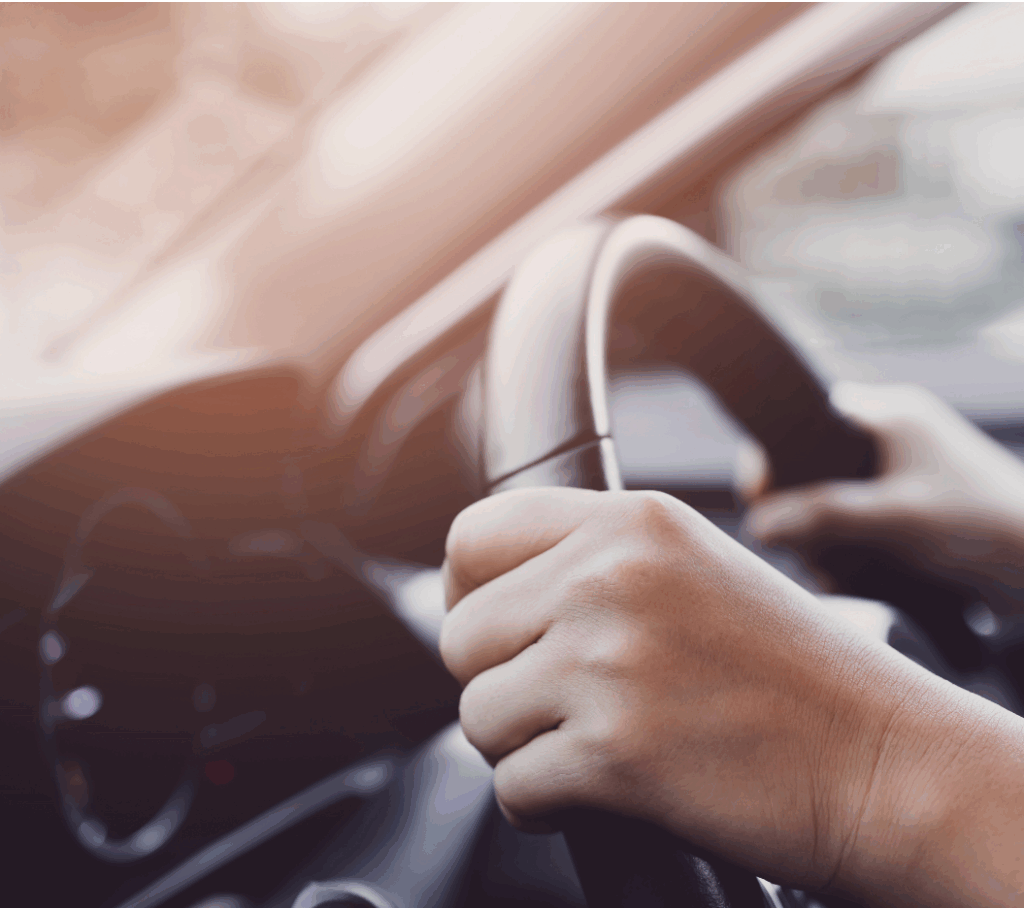
Individual / Road Traffic Defence
The offence of drug driving was introduced in 2015 and is similar to drink driving. Prior to 2015, the Police were only able to charge people who were driving with drugs in their system where there was evidence that their driving was impaired.
By introducing the offence of drug driving the Police now only need to prove that a driver’s level of a certain drug exceeds the specified limit for the specific drug tested.
| ‘Illegal’ drugs (‘accidental exposure’ – zero tolerance approach) | Threshold limit in microgrammes per litre of blood (µg/L) |
| benzoylecgonine | 50µg/L |
| cocaine | 10µg/L |
| delta-9-tetrahydrocannabinol (cannabis) | 2µg/L |
| ketamine | 20µg/L |
| lysergic acid diethylamide | 1µg/L |
| methylamphetamine | 10µg/L |
| Methylenedioxymethamphetamine (MDMA) | 10µg/L |
| 6-monoacetylmorphine (heroin) | 5µg/L |
| ‘Medicinal’ drugs (risk based approach) | Threshold limit in blood |
| clonazepam | 50µg/L |
| diazepam | 550µg/L |
| flunitrazepam | 300µg/L |
| lorazepam | 100µg/L |
| methadone | 500µg/L |
| morphine | 80µg/L |
| oxazepam | 300µg/L |
| temazepam | 1,000µg/L |
| Separate approach (to balance its risk) | Threshold limit in blood |
| amphetamine | 250µg/L |
The law sets out that the specimen will be either blood or urine. However, there are no specified limits for urine and currently urine specimens are not able to be reliably tested therefore, the specimen for drug driving will always be one of blood.
If you fail to provide a specimen of blood without a reasonable excuse you may be charged with failure to provide a specimen. There is a strict procedure in place which the police must follow when obtaining your specimen, if the procedure is not followed the Police may not be able to rely on the results of the analysis of your specimen as evidence in the case against you.
You can drive after taking some drugs if you have been prescribed them and you have followed the advice regarding how to take them from a healthcare professional and they are not causing you to be unfit to drive even if you’re above the legal limit.
If you are taking medication which is prescribed to you by a healthcare professional but have been charged with an offence of drug driving, it is imperative that you obtain specialist advice at the earliest opportunity. Our specialist lawyers have an exceptional record of defending allegations of drug driving. Make an enquiry using our contact form below or call us now for a free confidential discussion.
If you are convicted or entering a Guilty plea to a charge of drug driving, the Court must impose a mandatory minimum disqualification of 12 months. In addition to the disqualification the Court will also impose a fine, community order or custodial sentence dependent on the specific circumstances of your case. The disqualification could be longer depending on the circumstances of the case and any aggravating features.
You are entitled to legal advice when at the Police station however, the evidential procedure to obtain your specimen of blood will not be delayed for you to seek legal advice.
If you have been charged, contact us now and speak to one of our experienced road traffic defence lawyers who have an exceptional record of defending drug driving allegations. Our road traffic defence solicitors are on standby, ready to help you through the process from start to finish. They will provide clear advice tailored to your specific case and their pragmatic approach ensures you obtain the best possible outcome.
Make a free confidential enquiry by calling 0161 930 5151 or email crimeandregulatoryteam@gorvins.com
Alternatively please complete the contact form on this page and we will contact you as soon as possible.
If your call is out of normal office hours please call 07843 978201 and we will contact you as soon as possible.